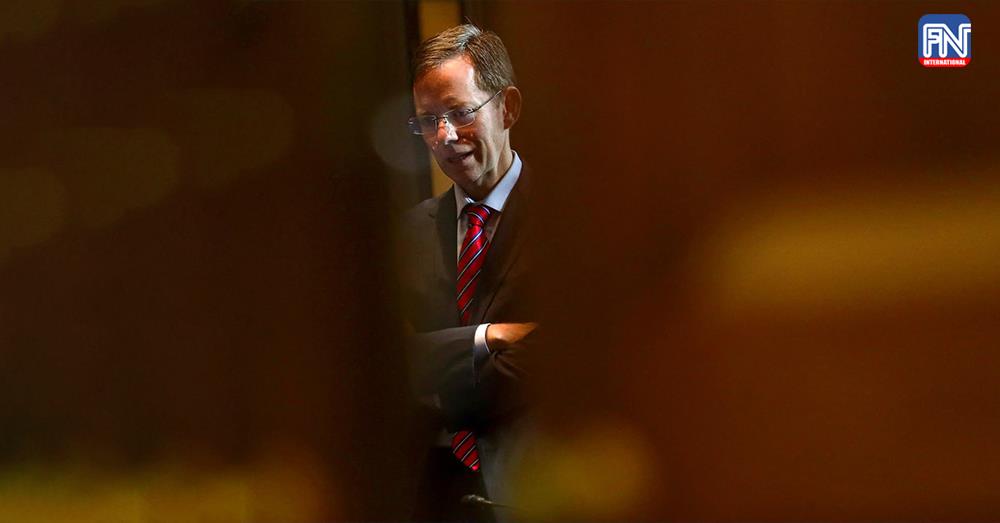WASHINGTON, May 24 (Reuters) - The U.S. State Department's top China policy official Rick Waters is set to step down, four sources familiar with the matter told Reuters, at a time of fraught relations between Washington and Beijing.
Waters, deputy assistant secretary of State for China and Taiwan who leads the department's recently created China House policy division, announced his intention to leave his post at a staff meeting on Wednesday, according to the four sources.
Waters, intends to remain at the department, one of the sources said.
The State Department and Waters did not immediately respond to a Reuters request for comment on Waters' announcement, which was first reported by Bloomberg.
Reuters reported two weeks ago that the State Department delayed human rights-related sanctions, export controls and other sensitive actions to try to limit damage to the U.S.-China relationship after an alleged Chinese spy balloon traversed the United States in February.
The report referenced an email Waters sent to staff that relayed instructions to postpone some actions so the department could focus on a "symmetric and calibrated response" to the balloon.
Relations between the world's two largest economies are at their worst point in decades, according to many analysts, as the strategic rivals have clashed over issues ranging from Taiwan to trade.
President Joe Biden's administration has sought high-level meetings with China in an effort to keep ties from veering toward conflict, particularly since the diplomatic crisis spurred by the balloon's flight over sensitive U.S. military sites.
U.S. Secretary of State Antony Blinken postponed a planned February trip to China after the balloon incident, but the White House has said efforts are continuing to facilitate visits by Blinken, as well as Treasury Secretary Janet Yellen and Commerce Secretary Gina Raimondo.
Waters, a supporter of the administration's pro-engagement agenda, has led China House – officially the Office of China Coordination – since it was launched in December as a reorganization of the department's China desk to sharpen policies toward China. He has served as deputy assistant secretary for about two years.
Some Biden administration critics have questioned U.S. overtures to Beijing, arguing that past decades of engagement have failed to change China's actions on a range of trade, security and human rights issues.
Congressman Mike McCaul, the Republican chair of the House of Representative's Foreign Affairs Committee, cited the Reuters report in a letter he sent to Blinken dated May 19, demanding information related to actions toward China.
"For the U.S. to succeed in its strategic competition with the PRC (People's Republic of China), it is essential that it be willing to unflinchingly hold the PRC accountable for its aggression and malfeasance, and that it be well-organized and effective in doing so," McCaul wrote.
The Biden administration has recently seen other changes among senior officials focused on China.
U.S. Deputy Secretary of State Wendy Sherman, who has driven much of the department's approach toward China, announced on May 12 that she is retiring.
And a former top official for China on Biden's National Security Council, Laura Rosenberger, stepped down earlier this year to head the U.S. government-run nonprofit that manages Washington's unofficial relations with Chinese-claimed Taiwan.
